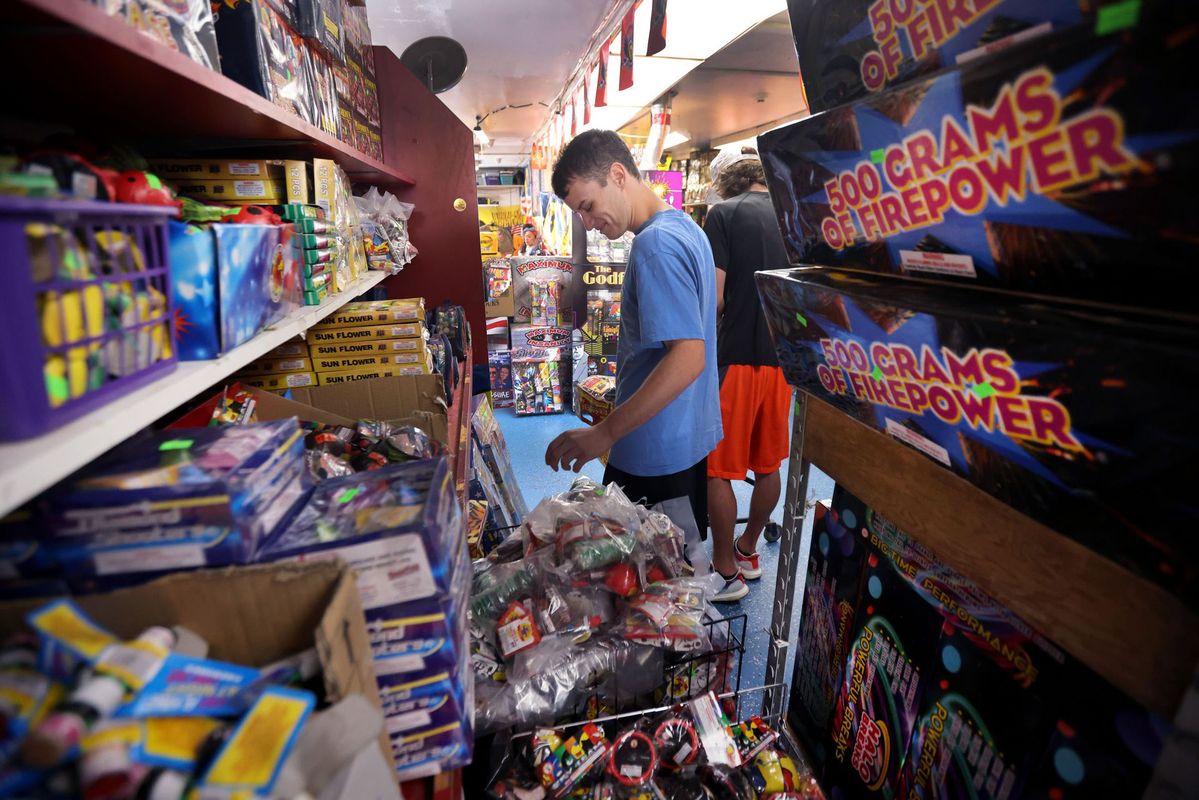US demands for fireworks surging

But port backlog puts a damper on the industry expecting a summer recovery

Firework imports from China are steadily growing in the United States, said a leading US safety and trade association.
Despite a shortage of firework products due to domestic supply chain problems in the US, the total weight of fireworks sold in the country still hit a record 404.5 million pounds (183.5 million kilograms) last year, with almost all of its backyard consumer fireworks and two-thirds of professional display products manufactured in China, according to the American Pyrotechnics Association.
That figure represents an increase by 48 percent from the previous year and would also translate to each American using at least 1 pound of fireworks last year.
Julie L Heckman, executive director of APA, said the US experienced unprecedented sales and use of backyard consumer fireworks during the pandemic last year, with industry revenue nearly doubling from $1 billion to $1.9 billion.
"But approximately 30 percent of the consumer fireworks needed for this Independence Day either didn't make it out of China, are sitting on ocean vessels in the Pacific Ocean waiting to berth at the ports, or they've been sitting at the West Coast ports of Los Angeles and Long Beach for nine to 12 weeks waiting to be put on the rail of APA," said Heckman in an interview with China Daily.
"That's a safety concern to us that hazardous material should not be sitting in at these ports for a lengthy period of time," she said. "And I know that the National Retail Federation also requested that the administration look into the supply chain disruptions, because all consumer goods are being impacted right now."
As a result of the consumer fireworks shortage and the substantial increase in transportation related costs, the APA said consumers can expect to pay more when they stock up for their backyard celebrations this Fourth of July.
Heckman also said the professional side of the industry is going to experience a summer of recovery after widespread cancellations last year, as people celebrate both the Fourth of July and the beginning of a post-pandemic era.
"I think we're going to exceed 2019 levels, but I don't think it will be as high as 2020," she said.























